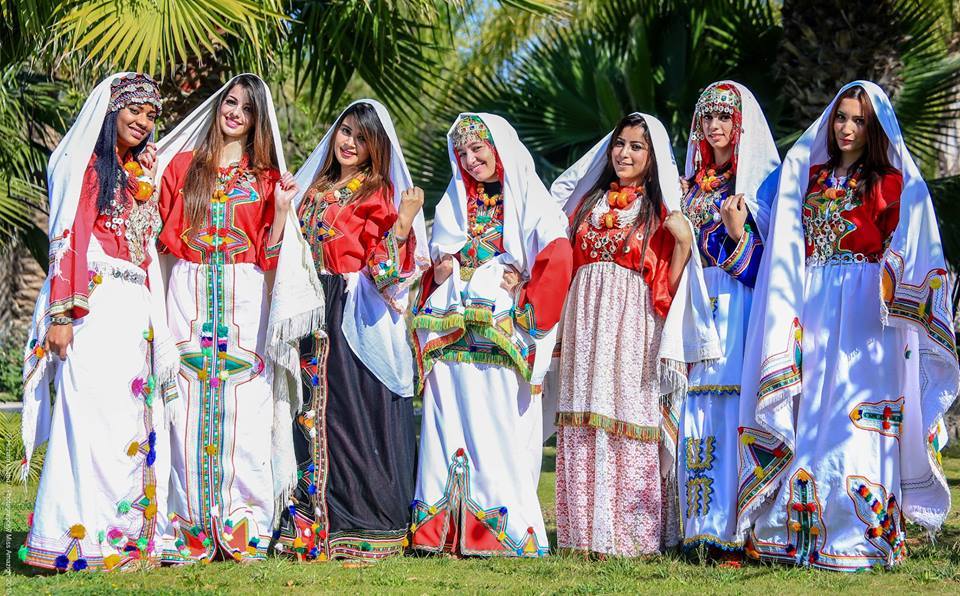
Women in Morocco: Traditions, Modernity, and Changing Roles
Exploring the Dynamic Shift from Age-Old Customs to Contemporary Realities in Moroccan Society.

The Evolving Role of Women in Moroccan Society
Morocco is a country where tradition and modernity coexist in fascinating ways. Over the past few decades, the role of women in Moroccan society has undergone significant changes, reflecting broader shifts in culture, law, and economics. From the bustling medinas of Marrakech to the rural villages of the Atlas Mountains, women are redefining their place in both public and private spheres. This article explores the dynamic interplay between age-old customs and contemporary realities shaping the lives of Moroccan women today.
1. Traditional Roles and Cultural Heritage
Historically, Moroccan women have played central roles within the family and community. They are often seen as the keepers of cultural traditions, from preparing traditional meals like couscous and tagine to passing down artisanal crafts such as pottery, weaving, and embroidery. These practices are deeply rooted in Morocco’s rich cultural heritage and continue to be celebrated today.
- Women are the backbone of family life, managing households and raising children.
- They play a key role in preserving and transmitting cultural traditions.
- Artisanal crafts, often led by women, contribute to Morocco’s vibrant cultural identity.
2. Legal Reforms and Women’s Rights
In recent years, Morocco has made significant strides in advancing women’s rights through legal reforms. The Moudawana, or Family Code, introduced in 2004, was a landmark change that granted women greater rights in marriage, divorce, and child custody. These reforms have empowered women to take on more active roles in society and challenge traditional gender norms.
- The Moudawana raised the legal marriage age for women to 18.
- It granted women the right to initiate divorce and claim custody of their children.
- Women now have greater access to education and employment opportunities.
3. Women in the Workforce
Moroccan women are increasingly entering the workforce, contributing to the country’s economic growth and development. From urban centers like Casablanca and Rabat to rural areas, women are breaking barriers in fields such as education, healthcare, business, and politics. However, challenges like wage gaps and limited access to leadership roles persist.
- Women are making strides in entrepreneurship, with many launching their own businesses.
- They are increasingly visible in politics, with women holding seats in parliament and local government.
- Initiatives like microfinance programs are empowering rural women to start small businesses.
4. Education and Empowerment
Education has been a driving force behind the changing roles of women in Morocco. Over the past two decades, the country has made significant progress in improving literacy rates and access to education for girls. Today, more women than ever are pursuing higher education and professional careers, paving the way for future generations.
- Literacy rates among women have risen significantly, particularly in urban areas.
- Universities are seeing a growing number of female students in fields like medicine, engineering, and law.
- Non-governmental organizations (NGOs) are working to provide educational opportunities for girls in rural communities.
5. Women in Arts and Culture
Moroccan women are also making their mark in the arts and culture scene. From literature and film to music and fashion, female artists are challenging stereotypes and showcasing the diversity of Moroccan identity. Figures like author Leïla Slimani and filmmaker Nabil Ayouch have gained international recognition for their work.
- Women are using art to address social issues and advocate for change.
- They are redefining Moroccan fashion by blending traditional styles with modern trends.
- Female musicians and performers are gaining prominence in Morocco’s vibrant cultural landscape.
6. Challenges and Opportunities
Despite the progress, Moroccan women still face challenges, particularly in rural areas where traditional gender roles remain deeply entrenched. Issues like limited access to healthcare, economic opportunities, and education persist. However, grassroots movements and government initiatives are working to address these disparities and create a more equitable society.
- Rural women often have limited access to education and healthcare services.
- Gender-based violence remains a concern, though awareness campaigns are making an impact.
- Organizations are advocating for greater representation of women in leadership roles.
7. Inspiring Stories of Moroccan Women
Across Morocco, countless women are breaking barriers and inspiring change. From activists and entrepreneurs to artists and educators, their stories highlight the resilience and determination of Moroccan women. These trailblazers are not only transforming their own lives but also paving the way for future generations.
- Meet women like Asmae Belghiti, a young entrepreneur revolutionizing Morocco’s tech industry.
- Learn about Fatima Zahra Mansouri, the first female mayor of Marrakech.
- Discover how rural women are leading community development projects in the Atlas Mountains.
Tips for Supporting Women in Morocco
As a traveler, you can contribute to the empowerment of Moroccan women by supporting initiatives that promote gender equality and economic opportunities. Here’s how:
- Purchase handmade crafts directly from female artisans in cooperatives.
- Support women-led businesses, such as riads, restaurants, and tour companies.
- Learn about local customs and traditions to better understand the challenges women face.
Final Thoughts
The role of women in Morocco is evolving at a remarkable pace, blending tradition with modernity in unique and inspiring ways. From legal reforms and education to arts and entrepreneurship, Moroccan women are shaping the future of their country while honoring its rich cultural heritage. By understanding and supporting their journey, we can celebrate the resilience and strength of women in Morocco and beyond.
